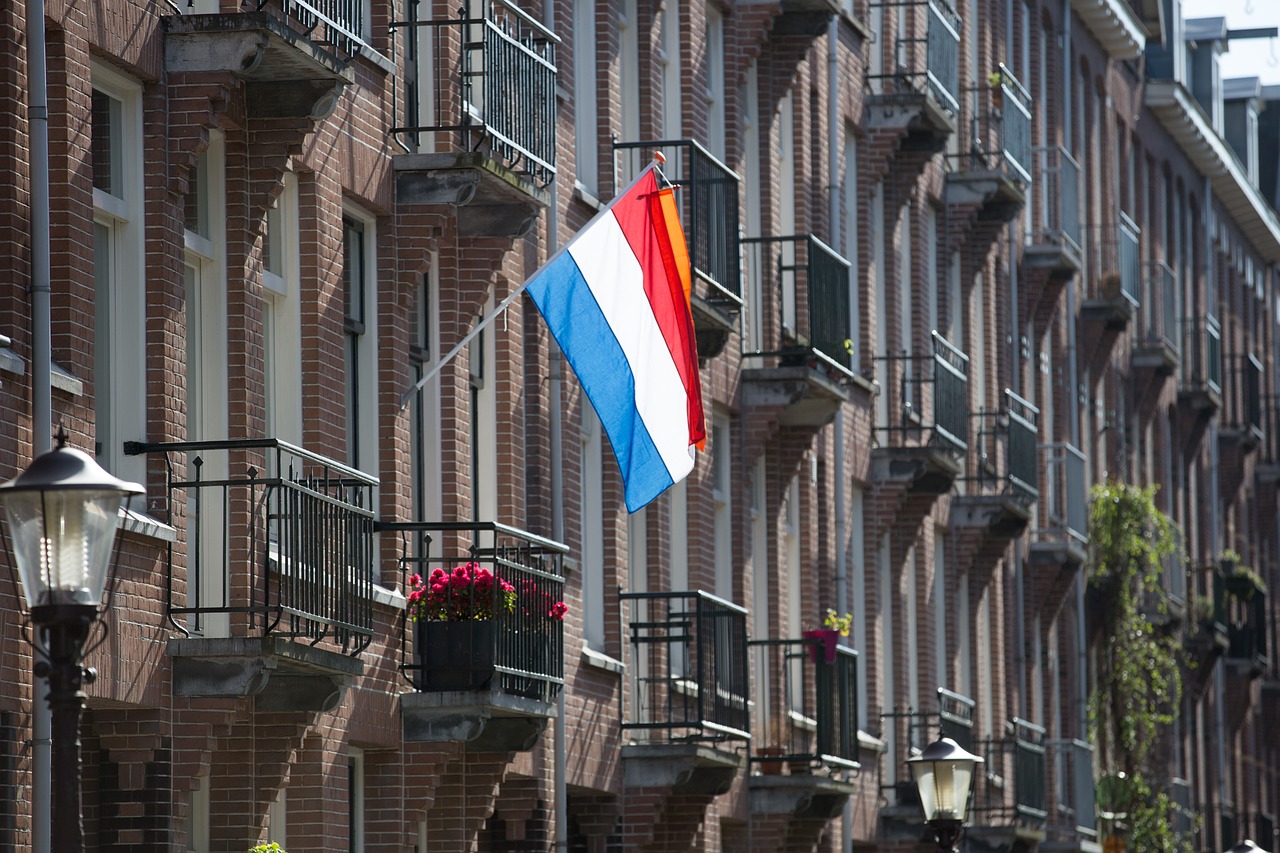Ton van den Brink* (Utrecht University)
Will Geert Wilders’ victory in the Dutch election on 22 November put the country in the reactionary camp of extreme-right leaders, ending a long history of openness to the outside world, commitment to the Rule of law and constructive contribution to the EU? The signs are not hopeful. His possible coalition partners now bear a huge responsibility to ensure an inclusive, Rule of law based and European-oriented society.
What Wilders wants
Ever since he established his own political party 2006, the PVV (“Party for the Freedom”), Wilders has actually pursued a pretty consistent programme. Unlike Thierry Baudet, the other party leader in the extreme right wing corner of the Dutch political landscape, his ideas have not fundamentally changed over the years. His main issue still remains the fight against Islam. Asking his supporters whether they wanted “More or less Moroccans” brought him a criminal conviction in 2016. His election program still demonstrates this fight to be top priority. He seeks to completely stop the arrival of asylum seekers and migrants from Muslim countries; to denaturalize criminals with double nationality; to ban Islamic headscarves from public functions; to close all Islamic schools and ban the Quran and to put all radicalized Muslims in preventive detention.
These are not simply strong right wing policies; this is the programme of an extremist party. The Dutch Bar Association had all election programmes assessed on Rule of law issues, and found these plans to violate fundamental rights (freedom of religion and non-discrimination), the legality principle, the right to a fair trial and the freedom of expression. The plans would equally violate international and EU law. The area of climate, energy and sustainability policy would suffer a huge blow as well: the Netherlands would withdraw from the UN climate agreement, the reduction of CO2 emissions would no longer be part of government policy, and investments in wind and solar power would be replaced by investments in non-renewable energies.
Wilders is a major critic of EU membership and seeks a ‘Nexit referendum’. In the meantime, no further competences should be delegated to the EU; the Netherlands should change from a net contributor to a net beneficiary of the EU budget and further EU enlargement should be blocked. But the program is even more inward-looking. Particularly damaging is the plan to stop military support to Ukraine.
Likely coalition partners
People in my country that care about the Rule of law, the environment, an inclusive society and the importance of being part of a strong Europe will easily get depressed with the prospect of what lies ahead of us. But there is also hope. The Netherlands is a multi-party and (thus) coalition country. Wilders secured 37 seats in the150-seat Tweede Kamer (House of Representatives) making his party the by far the largest (2nd largest is the left PvdA-GroenLinks combination, led by former European Commissioner Frans Timmermans, with 25 seats). However, a majority government under Wilders’ leadership would need 76 seats and thus at least two other parties. The other big winner, Omtzigt’s Nieuw Sociaal Contract (20 seats) is a likely candidate as it is positioned in the rightwing-conservative corner. Omtzigt has already demonstrated some willingness to cooperate, but is most-known for his battles for the Rule of law in the Netherlands and in Europe. Concessions in this regard would severely undermine his credibility. He shares a skeptical view on the EU however. The VVD (the liberal party home to the current PM), which won 24 seats, would be the second most likely coalition partner. Its current leader has announced that it will not deliver ministers to a cabinet but is willing to consider cooperating with a coalition agreement (and thus subsequently support the new cabinet from the floor of the Tweede Kamer). For the VVD, not only Wilders’ plans that impact the Rule of law, but equally those on Europe will be largely unacceptable.
A coalition agreement?
Thus, the future coalition agreement is more significant than the PVV election programme. The rifts between the likely coalition partners are deep, and Wilders’ victory will pressure him not to backtrack on key points of his programme. Reaching a coalition agreement will thus require witchcraft and a coalition between the parties mentioned will no doubt be unstable from the beginning. His counterparts will know that efforts to domesticize extreme right politicians have failed completely in the past and they should not be deluded by Wilders’ recent acting as a much milder version of himself. They now bear the responsibility of ensuring that the Netherlands will remain an open and inclusive society, firmly built on the Rule of law and embedded in the European family where we belong.
*Ton van den Brink is full professor as well as Jean Monnet chair of EU legislative studies at Utrecht University. He is a member of the Utrecht Centre of Shared Regulation and enforcement in Europe (RENFORCE). His research focuses on structural issues of EU legislation, such as EU legislative principles and national discretion in EU legislation, the role of parliaments; and legislation in specific areas of EU law, such as Economic and Monetary Union (EMU). Early 2024, an edited volumed will come out under the title: “Balancing Unity and Diversity in EU Legislation” (co-edited with Virginia Passalacqua).
The views expressed in this blog reflect the position of the author and not necessarily that of the Brexit Institute Blog.



